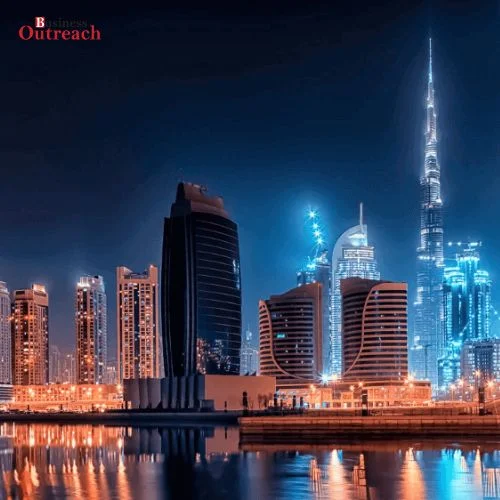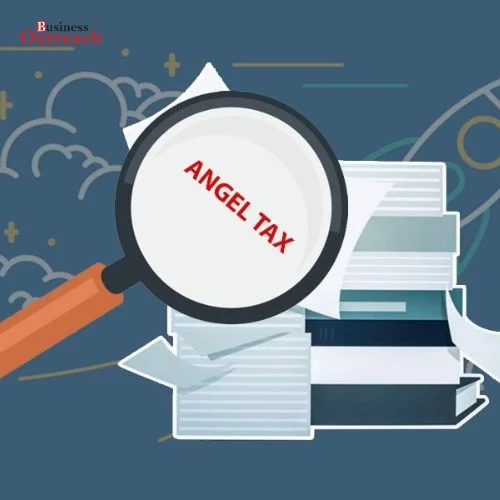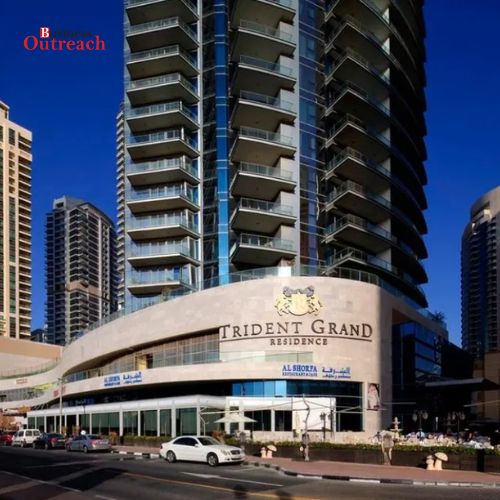Reliance Industries Limited (RIL) is an Indian multibillion-dollar business with headquarters in Mumbai. Energy, petrochemical products, oil and gas, retail, telecommunications, mass media, and textile products are among RIL’s diversified activities.
Reliance Commercial Corporation was co-founded by Dhirubhai Ambani and Champaklal Damani in the 1960s. The partnership terminated in 1965, and Dhirubhai took over the firm’s textile business. Reliance Textiles Engineers Pvt. Ltd. was founded in Maharashtra in 1966. In the same year, it opened a synthetic textiles mill in Naroda, Gujarat. It was renamed Reliance Industries Limited on May 8, 1973. In 1975, the company moved into textiles, with “Vimal” being its most well-known brand later on. In 1977, the company launched its initial public (IPO).
Journey of Reliance Industries in Era of the 2000s
- Reliance Industries Ltd. and Reliance Petroleum Ltd. became India’s two largest firms in terms of all main financial indicators in 2001. Reliance Petroleum and Reliance Industries were amalgamated in 2001–02.
- In 2002, Reliance revealed India’s largest gas discovery in nearly three decades (at the Krishna Godavari basin), as well as one of the world’s largest gas discoveries. Natural gas in place amounted to more than 7 trillion cubic feet, or nearly 120 crore (1.2 billion) tonnes of crude oil. This was the first time an Indian private business has made a breakthrough.
- RIL bought a controlling share in Indian Petrochemicals Corporation Ltd. (IPCL), India’s second largest petrochemicals firm, from the Indian government in 2002–03, and renamed it Vadodara Manufacturing Division (VMD). When IPCL and RIL amalgamated in 2008, RIL took over IPCL’s Nagothane and Dahej industrial complexes.
- The corporation restructured its business in 2005 and 2006 by separating its investments in power generation and transmission, financial services, and telecommunication services into four different entities.
- With the launch of its retail shop concept under the brand name ‘Reliance Fresh’ in 2006, Reliance joined the organised retail business in India. Reliance Retail operated around 600 outlets in 57 Indian cities by the end of 2008. Reliance Industries awarded 1:1 bonus shares to its stockholders in November 2009.
- Reliance joined the internet services industry in 2010 with the acquisition of Infotel Broadband Networks Limited, the only winning bidder in the government of India’s pan-India 4th (4G) spectrum auction.
- Reliance and BP formed an oil and gas agreement the same year. For $7.2 billion, BP acquired a 30% stake in Reliance’s 23 natural gas production sharing contracts in India, including the KG-D6 block. For gas sourcing and marketing in India, Reliance launched a 50:50 joint venture with BP.
- RIL formed a joint venture with Sibur, a Russian company, in 2017 to build a Butyl rubber plant in Jamnagar, Gujarat, which is expected to be operational by 2018.
- Reliance Industries Limited (RIL) announced that its manufacturing units in Nagothane, Maharashtra, had been shut down on August 18, 2021.
Products of Reliance Industries
Reliance Industries Limited is possibly India’s largest conglomerate. Its company is divided into various categories, each of which is focused on understanding Reliance’s product system in its marketing mix. Reliance Fresh, Big Bazaar, Reliance Mart, Reliance Market, Reliance Home Kitchen, Reliance iStore, Reliance Solar, and more brands are part of the retail section. Reliance Life Sciences is related to pharmaceuticals, botanicals, and microbiology since it has experienced marking, manufacturing, and marketing Reliance businesses biopharmaceutical products. Transportation, dissemination, coordination, inventory network-related activities and telemetry arrangements are all part of Reliance’s coordination. Reliance Jio Infocomm Ltd. is a broadband specialised cooperative that offers 4G services. Reliance Life Sciences owns Record, which provides blood banking services. Reliance Industrial Infrastructure Limited is a company that develops and operates pipelines for the transportation of oil-based commodities.
Marketing model of Reliance industries
Reliance Industries is putting a lot of effort into marketing and promoting its brand. The unique technique in Reliance Industries’ advertising mix is geared around 360-degree marketing and aggressive brand improvement. Reliance’s slogan is “Development is Life,” and it has become synonymous with bringing people together. Mr. Mukesh Ambani, the founder of Reliance Industries, has long held the Mumbai Indians franchise, and the acquisition of a cricket team has been essential in putting the Reliance brand into the forefront.
Hrithik Roshan, a Bollywood star, has agreed to underwrite Reliance Telecom for Reliance Industries. It establishes boundaries and provides directions for various specific exercises at various Reliance shops. Reliance Industries has attracted customers to its outlets as a result of its strong image management. The company’s client base has grown as a result of customer satisfaction. As a result, Reliance Industries’ promotional mix is covered.
Success of Reliance Industries
Reliance Retail achieved a historic turnover of Rs 1,30,566 crore, an increase of 88.7% year over year. Quick store expansion and substantial growth in same-store transactions propelled turnover growth. Reliance Retail had its highest EBITDA of 6,201 crores, up 145 percent year on year. A 100 basis point increase in EBITDA to 4.7 percent fueled the strong working presentation. In the last five years, Reliance Retail has achieved an income CAGR of 55 percent and an EBITDA CAGR of 76 percent, thanks to a strong development team.
As of March 2019, Reliance Retail had 10,415 retail stores in approximately 6,600 towns and urban areas, encompassing a 22.0 million sq. ft. zone. During the year, more than 500 million people walked through the doors, an increase of 44 percent year over year. Reliance Retail is developing plans to launch a completely new commerce platform that will enable small shippers across India to compete in the digital age.
Future of Reliance Industries
Reliance Retail and Upcoming Retail established a long stop date of 31 March 2021 to complete the 24,713 crore deal, which was originally extended to 30 September due to the ongoing legal battle between Future and Amazon. A long-stop date is a period of time during which all of the deal’s criteria must be met in order for the agreement to be completed. The Future and Reliance Retail model of arrangement comprises the merging of Future Group’s retail, wholesale, logistics, and warehousing assets into a single firm, Future Enterprises Ltd, which would then be handed to Reliance Retail. Amazon, an investor in Upcoming Coupons and a shareholder in Future Retail Ltd, has disputed the arrangement.















